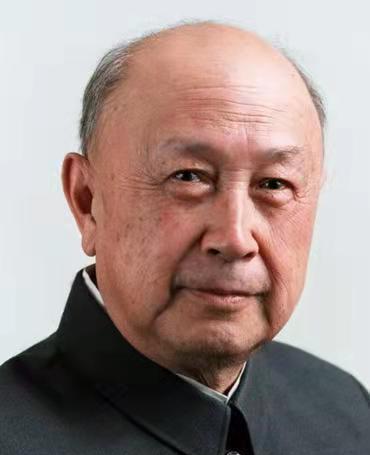In the blink of an eye, the Communist Party of China has celebrated its centenary and New China has celebrated its 72nd anniversary. Scientific and technological workers are the boosters to promote the development of the motherland, and whenever China builds a monument in the field of aerospace, people will always think of his name - Qian Xuesen. However, Qian Xuesen's way back to China was extremely difficult, why did Qian Xuesen stay in the United States and not be able to return to China? What price has China paid to open up this road home?

Qian Xuesen is talented, self-disciplined and hardworking, and in a good educational environment, with excellent results. In 1934, Tsinghua University had only twenty places in the United States, and Qian Xuesen was one of them. After pursuing a master's degree at the Massachusetts Institute of Technology in the United States, he demonstrated remarkable abilities in a variety of fields, which caught the attention of von Carmen and invited him to become his own student, and neither of them was disappointed in this decision since.
After studying with the new teacher, Qian Xuesen showed amazing talent in aerodynamics, and most of his research belonged to the military field, and the US government could not release such a rare talent back to China. Shortly after the founding of New China, Qian Xuesen was ready to return to China, but his application to return to China was strongly rejected by the US government. They coerced and seduced, but neither the superior conditions, the generous treatment, nor the blatant persecution could shake Qian Xuesen's determination to return to China.
The United States even arrested Qian Xuesen on fictitious charges when he tried to return to China, and although he was pressured to release him, it arranged for personnel to monitor him. Such news reached China and aroused the attention of the central authorities, believing that the US side had infringed on the freedom and rights and interests of the Chinese people. Chinese people's anger did not shake the United States, after all, Qian Xuesen's scientific value was too great. Qian Xuesen's family was put under house arrest in the United States, and he wanted to return to China very urgently but helplessly, but he still found an opportunity to send a letter of help to the motherland in the surveillance.
When the Geneva Conference was convened in 1954, my country believed that the opportunity had come to resolve the matter. At the meeting, the United States made a request that China release American prisoners of war and some overseas Chinese in the country, premier Zhou, who served as diplomats, knew that the opportunity to rescue Qian Xuesen had come.
China immediately said that this matter is not difficult to solve, but China demands that the United States stop persecuting Chinese students and restore their right to return to China. The US side did not immediately agree, but constantly prevaricated, saying that the United States has relevant laws and regulations that cannot be changed. But China remained tough, and the talks reached an impasse. Later, we decided to make concessions first, agreed to release the four American pilots, and the Us side agreed and invited China to participate in the talks. In August 1955, the talks were held, and the Chinese side read out the list of eleven American pilots to be released, and at the same time, we also submitted a list of personnel exchanges to the United States, including Qian Xuesen.
After seeing the list, U.S. government personnel are still reluctant to let go, not only saying that U.S. laws cannot be changed, but also saying that there is no reason to prove that these students want to return home. The Chinese side took out Qian Xuesen's letter of request for help from tossing and turning back to the motherland, and the US side was dumbfounded, so it had to report to its superiors, and finally the United States finally relaxed after many consultations. The news of exchanging eleven American pilots for Qian Xuesen's return to China caused a storm of international public opinion, and for a time the news flew to the whole world and became a thing that everyone was talking about.
After a few years, Qian Xuesen was finally able to return to the motherland, and he immediately threw himself into national defense construction. In order to protect Qian Xuesen's personal safety, the state specially allocated all-weather guards for him. And Qian Xuesen also did not fail in his mission, and in an extremely difficult environment, he successfully developed China's first missile, which amazed the world.
Qian Xuesen dedicated his life to the motherland, and his profound patriotic feelings and spirit of not being afraid of hardships will continue to inspire future generations to move forward. It is believed that in the new era, the sons and daughters of China will continue to forge ahead and continue to struggle for the construction of a prosperous and strong China.